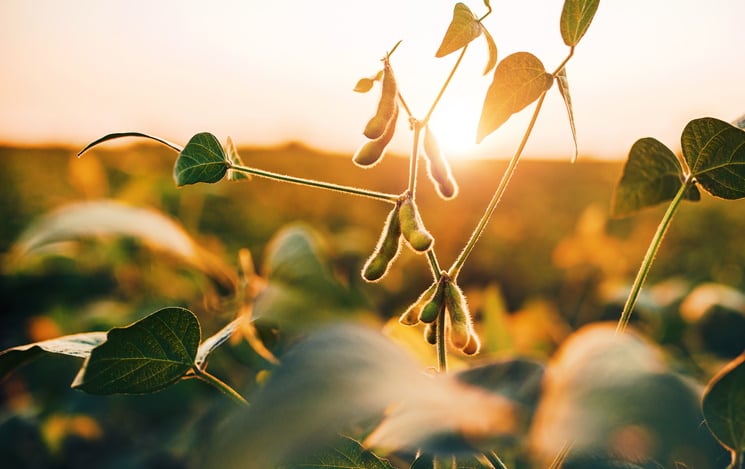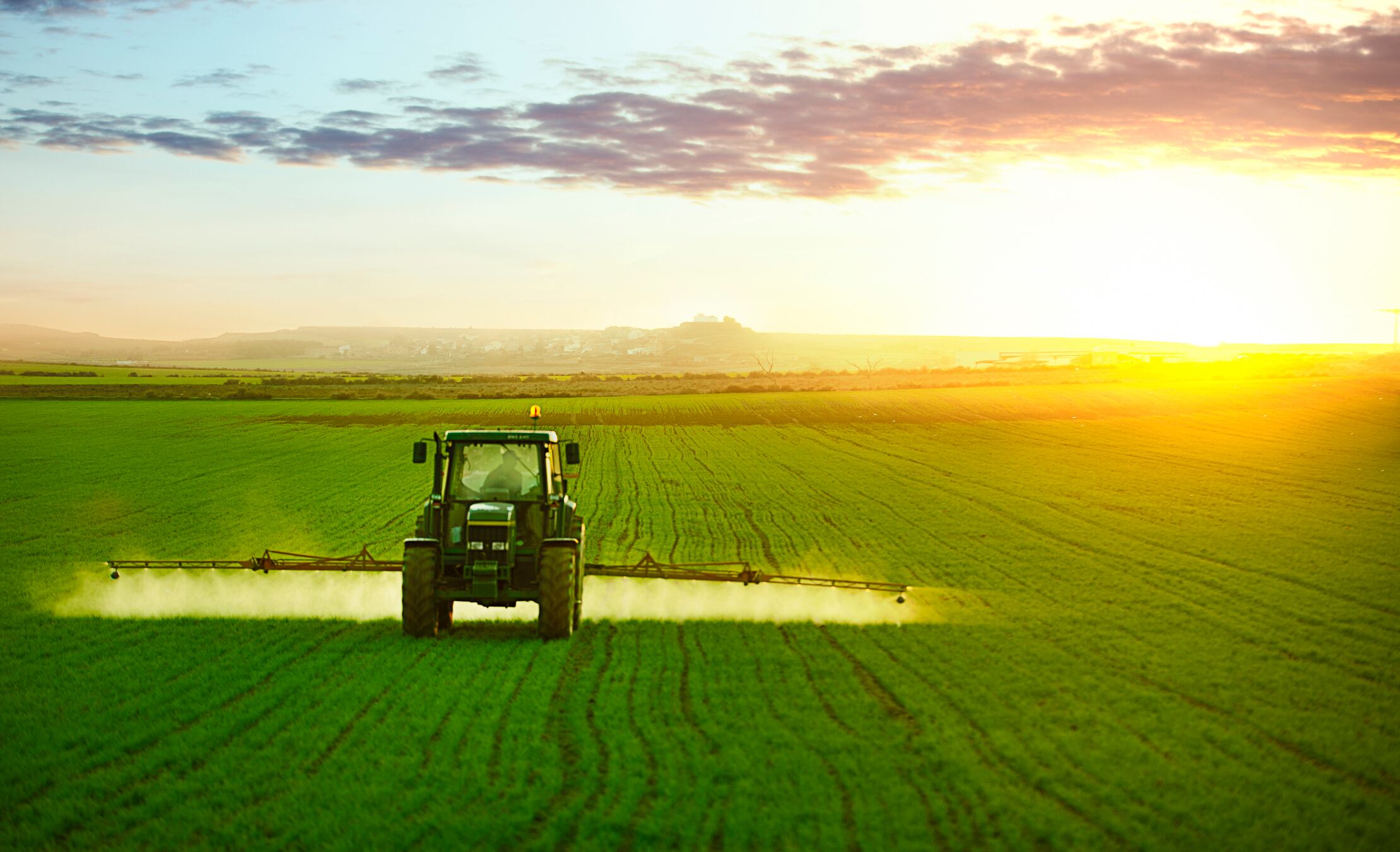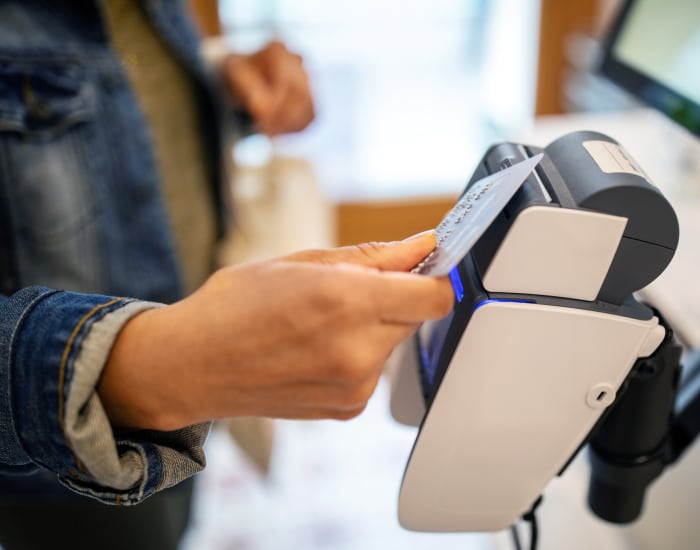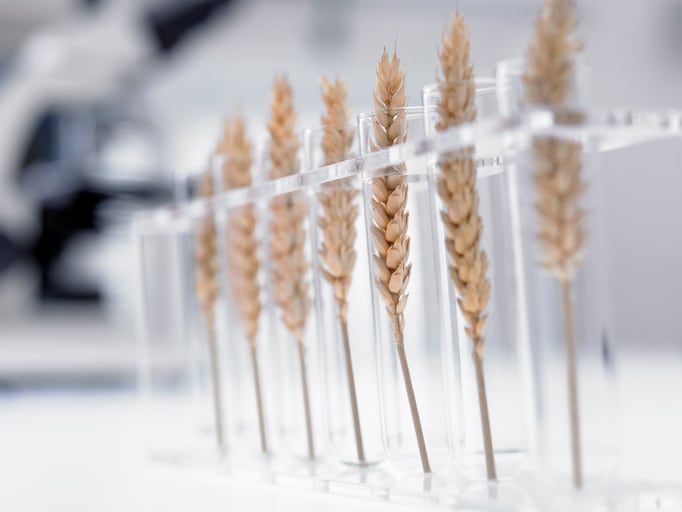“We have a broken food system. It only works for a handful of multinational companies who have no real competition.” The assessment of former Green Party leader and member of the House of Lords Baroness Natalie Bennett of Manor Castle.
Speaking at the recent Rural Policy Group conference, Baroness Bennett elaborated: “We have a situation where there are huge externalised prices that we all pay for the nature of our food system, whether that’s obesity or environmental damage. And we have farmers and growers struggling to make ends meet. We have a system that’s not working for farmers and growers, a system that’s not working for consumers.”
According to her assessment, all this could be about to change. “What’s really positive is where we are now is profoundly unstable. It is going to change. And that’s really good news,” she predicted.
Localisation to boost resilience
The Rural Policy Group aims to shine a light on the key issues of food security, producer incomes and the contribution that farming can make to reducing the nation’s carbon footprint.
The thinktank believes that food sovereignty is critical to delivering on these ambitions. It has launched a manifesto that calls for 70% self sufficiency in UK food supply by 2030. This would support the rural economy and end the country’s reliance on ‘cheap imports’.
For Baroness Bennett, a localised food system delivers advantages when it comes to health, nutrition and economic wellbeing. The event heard about the challenges of rising costs and supply disruption that farmers are currently grappling with. Inputs like fertiliser, grain and energy are spiking in price.
Wearing her ‘farmers wife hat’ Sarah Dodds – who is Head of Agriculture and Partner, MHA MacIntyre Hudson – outlined the challenges farmers are currently facing, from Brexit, to COVID and how the impact of war in Ukraine and the cost of living squeeze. “Butchers aren’t selling so much beef, [consumers] are too busy buying electricity. That’s affecting our market price and we are now feeding [cattle] wheat at over £300 a tonne.”
Is the answer increasing food prices for the consumer?
Phil Acock, Chairman and managing director of Fourayes Farm, the UK’s number one grower and processor of fruit, stressed that the true value of food is not currently recognised. “All we ever debate is the price of food, but compared to other countries in Europe, our food is not expensive. We don’t value the food that we produce and there is a very real hidden cost in keeping the price of food low both in terms of quality and the impact that low-quality food can have on our health,” he argued.
But, for Baroness Bennett, the needs of producers must be balanced against the needs of struggling consumers. “The shocks that farmers have experienced are the shocks that our whole society has experienced. We are in an age of shocks. I can’t tell you what the next shock will be but there is no stability in our future. What we have to focus on is resilience.
“What’s going to make individual businesses and societies resilient is making sure people can meet their basic needs. That means we have to have a price to farmers that’s enough that they can keep going but we also have to endure everyone has enough to meet their needs. We are going to have to have a far more equal society because there are enough resources on this planet to ensure everyone has a decent life if we share them out fairly. That means a profound redistribution.”
The Green representative in the House of Lords said that ‘cheap food’ is ‘costing us our health and our planet’. The answer, she claimed, is increased diversity in our diets. “More than 50% of calories come from four crops around the world. We have to look at how do we diversify the sources of human calories. If you have one rust that sweeps around the world and takes out wheat, or you have one war where Russian tanks sweep across Ukrainian plains, we are in deep trouble. In the age of shocks, we need something much more secure.”
Speaking at the event Tim Farron, Liberal Democrat MP for Cumbria, added that food sovereignty will also help bolster food security in poorer regions to help address global hunger and the instability this causes.
“We are putting people’s health at risk if we source food from other, often under-developed, countries. Being more sustainable also requires us to consider issues such as how we push up the price of food up in those countries when we import from them. We have a duty of care. Investment in national farming is essential. We give golden goodbyes but no golden hellos. We will not get people to commit to long-term investment if they are terrified of survival.”
Local food production can also be more sustainable, noted Tim Doubleday, CFO at BKUK Group Ltd (the Burger King franchisee) and Chairman of the Sustainability Committee of the Hospitality Sector Council. He highlighted Burger King UK's beef procurement policy as case in point.
"Beef production has one of the largest footprints in food production. All our beef is UK and Irish and all our beef is grass fed. If you look at the research, the carbon footprint of that beef is about 30% of imported beef. But there is a long way to go... We are now working with some farmers looking at 2030 and how we can influence the carbon footprint of beef and reduce it further through active collaboration."
‘How can farmers go green while they are in the red?’
Doubleday stressed that the journey towards net zero is one that the QSR chain takes seriously. "We delisted the cheapest supplier on beef a few years ago because we didn’t think their attitude to development, ESG and the carbon journey was where we needed it to be," he reflected.
But how can farmers invest in sustainable production when their on-farm profitability is under immense pressure? The price farmers and growers receive for their produce was highlighted as a critical issue as UK food works to transition towards green production methods.
According to Rachel Hudd, Partner at chartered accountants MHA Macintyre Hudson, there is ‘simply not enough support’ for farmers to make a living let alone invest in being more sustainable’. “How can farmers go green while they are in the red… Investing in renewable energy shouldn’t put farmers into a negative tax position,” she stressed.
The Rural Policy Group has launched a new report highlighting that ‘good food is costly to produce’. It suggested that we need to ‘change the narrative’ and recognise the value of food and farming to our health, environment and economy – with farming and F&B valued at £127bn or around 7.2% of UK GDP.
“Most consumers don’t fully see the value of sustainable farming and the role that farmers play in managing the land or how good farming practices mean that the food we eat is better for us. There is a huge opportunity for better sharing of best practice. We need to work together to solve this crisis,” Baroness Bennett suggested.
Mark Lumsdon-Taylor, Chair of the Rural Policy Group, concluded: “The first step to a sustainable UK is to encourage farmers to stay on their land with a framework of policies which support profitable food production and better distribution of value in the upstream and downstream food supply chain.
“With a stable core business, attentions can turn to diversification opportunities in renewable and sustainable energy generation, carbon capture, utilisation and storage and biofuel production.”




